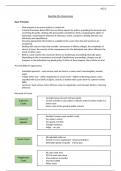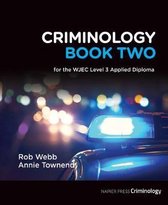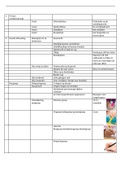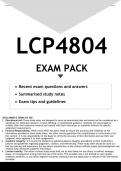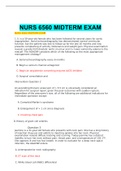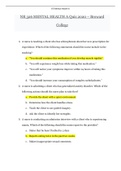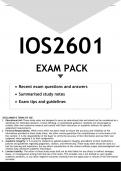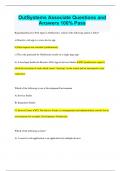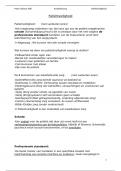Summary
Summary Criminology Unit 3 - AC2.2 Describe the trial process
- Module
- Institution
- Book
This is a summary note of Ac2.2, Describe the trial process. These notes helped me receive an A* overall; friends and family who borrowed these notes have received high grades. It is quickly allied with titles and detailed explanations that are easy to understand. The notes were written through rev...
[Show more]
